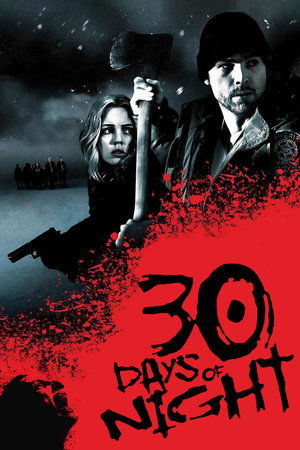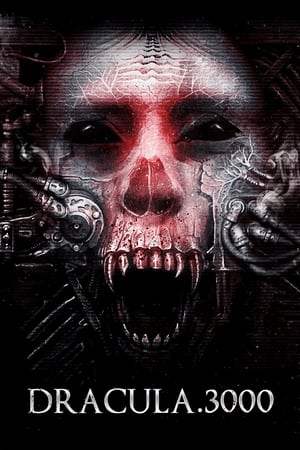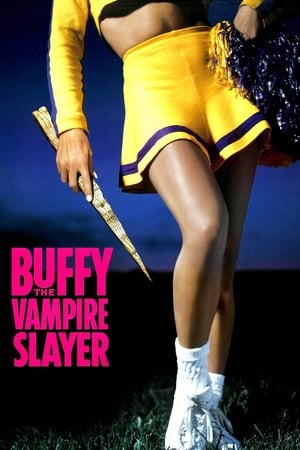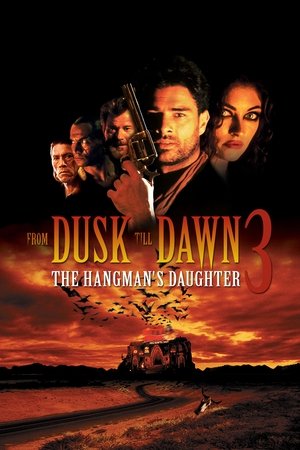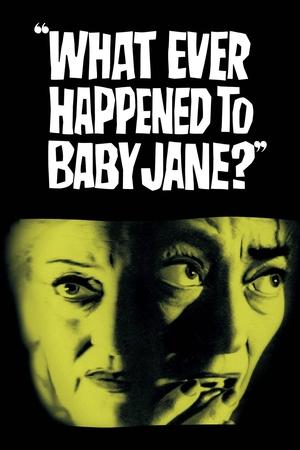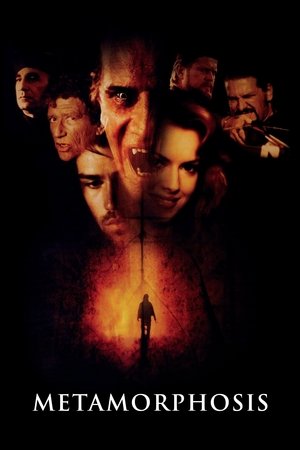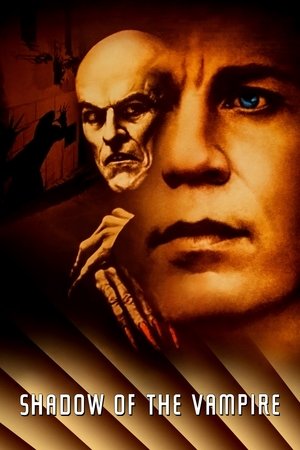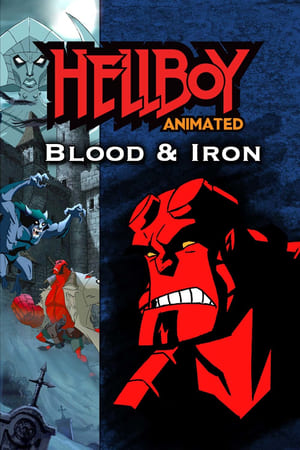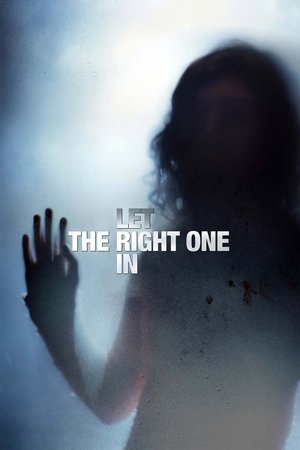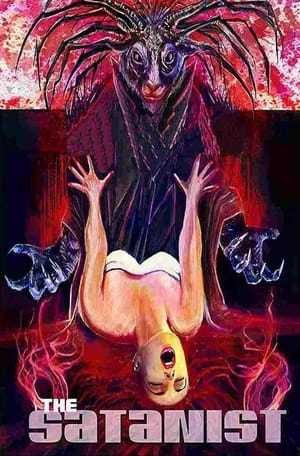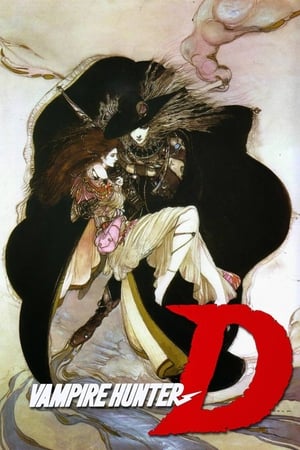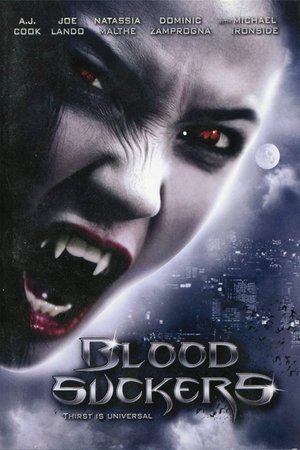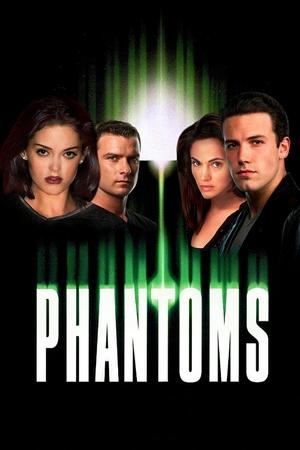Overview
While dabbling in Satanism, Count Karstein resurrects Mircalla Karnstein who initiates him into vampirism. As a rash of deaths afflicts the village, Gustav the head of Puritan group leads his men to seek out and destroy the pestilence. One of his twin nieces has become inflicted with the witchcraft but Gustav's zeal and venom has trapped the innocent Maria, threatening her with a tortuous execution, whilst Frieda remains free to continue her orgy of evil.
Reviews
The evil that men do.
The final part of Hammer Films Karnstein Trilogy is in keeping with what made the studios output so readily embraced by the horror faithful. Based on characters created by Sheridan Le Fanu, Hammer take one of their vampire movies and add puritan witch-
finding into the mix as well.
Upon the death of their parents identical twins Maria and Frieda Gellhorn are relocated to Karnstein in Central Europe to live with their Uncle Gustav Weil. Weil is a stern puritan who leads a fanatical bunch of witch-hunters known as the Brotherhood, this is a problem because the twins are going through sexual awakenings. Opposing the Brotherhood is the aristocracy, headed by Count Karnstein, a man of debauchery who is soon to sell his soul to the devil and drag one of the Gellhorn twins with him…
It would be easy to assume that the twins of evil of the title are the two girls, here played with a nifty gimmick by real life playboy twins Mary and Madeline Collinson, but it’s not the case. The girls are in the middle of two evils, wicked men on either side of them, God and Satan their respective keepers. This coupled with the political and religious sub-texts bubbling away, makes this a narratively smart picture.
Production values are high, with the smart period design and costuming given an atmospheric sheen by cinematographer Dick Bush. Director John Hough provides solid direction and smooth camera work, while Harry Robertson’s music has the requisite olde world gothic about it.
Peter Cushing heads the cast superbly as Weil, looking gaunt due to his personal tragedy, he mesmerises as a man increasingly crumbling under the weight of emotional confliction. Dennis Price others sturdy support but is done no favours by the writer (Tudour Gates) as he is under developed, while the twins themselves, their voices dubbed, are fine and able to put enough of a different slant on their characters for us viewers to know which one is which. Damien Thomas’ lustily fanged count is not a particularly striking villain, and David Warbeck as the normal love interest is too weak an actor to convince in the role.
One of the better horrors from Hammer’s 70s output. 7/10
***Great Gothic horror ambiance, good cast, magnificent score, so-so story***
Orphaned twin sisters (Madeleine & Mary Collinson) are forced to move from Venice to Styria, Austria, to live with their puritan uncle (Peter Cushing), who’s hell-bent on hunting down witches and burning them at the stake. One of the sisters, Frieda (Madeleine), refuses to tolerate her uncle’s legalistic abuse and is drawn to the diabolic hedonism happening at nearby Karnstein Castle. Once Count Karnstein (Damien Thomas) performs a satanic ritual that resurrects his vampiric ancestor, Mircalla, and he is converted to the undead, he intends to do the same with Frieda.
“Twins of Evil” (1971) is the third entry in Hammer’s so-called Karnstein Trilogy, named after the female vampire Mircalla, who is actually Countess Carmilla Karnstein (note the anagram). The previous two films are "The Vampire Lovers" (1970) and "Lust for a Vampire" (1971). This one is a prequel to those, all three based on “Carmilla” by Irish novelist Sheridan Le Fanu, which was originally published as a serial in 1871-72, some 26 years before Bram Stoker’s “Dracula.”
Of the Karnstein Trilogy, “Twins of Evil” bears the least resemblance to “Carmilla” as it adds a witch-hunting angle (that naturally brings to mind 1968’s “Witchfinder General,” aka “The Conqueror Worm”) and Carmilla is decidedly a peripheral character, upstaged by the Dracula-like Count Karnstein. Damien Thomas, incidentally, is quite charismatic in the role and just as effective, if not better, compared to Christopher Lee.
I’m not sure when this story take place. The Puritan-like apparel worn by the religious brotherhood makes it seem like sometime in the 1600s.
The actresses who play the titular twins were the first identical twin Playmates of the Month for Playboy. They appeared in the mag in October, 1970, the year before this flick was released. They’re certainly cute and are surprisingly effective in their roles, but they don’t do anything for me on an erogenous level. However, the good twin/bad twin theme is compelling, although it contradicts the title.
In addition, there’s an interesting subplot about how legalism can morph a good man into a dour killjoy. While the Karnsteins & their converts are wholly satanic, Gustav Weil (Cushing) & his Brotherhood have fallen prey to a less overt kind of evil in the form of religious legalism. Meanwhile Anton Hoffer (David Warbeck) represents the honorable middle ground.
The score by British composer Harry Robinson is outstanding with a slight Spaghetti Western flare. The movie even has the feel of a Western in the first act, but it turns to Gothic horror as soon as the satanic rituals & vampirism surface. Aside from the Collinson twins, “Twins of Evil” features a nice smorgasbord of females.
The film runs 1 hour and 27 minutes and was shot at Pinewood Studios, Iver Heath, Buckinghamshire, England.
GRADE: B-/C+
What's quite sad about this film is the presence of Dennis Price - one of my favourite British comedy actors. He offers so little to this vampire thriller and it's a real shame that he is now reduced to bit parts in which he hardly leaves his chair! Anyway, the gist of the film sees the twin nieces of the zealous priest "Weil" (Peter Cushing) arrive in the village that he rather puritanically rules with his council. "Maria" and "Frieda" (Mary & Madeleine Collinson) are used to a freer style of living than that offered by their uncle and his wife "Katy" (Kathleen Byron) and the latter is soon fairly easily pickings for the local Lothario "Count Karnstein" (Damien Thomas). Thing is, there are secrets abounding in this tiny community and one of them has an habit of leaving two puncture marks on the neck of it's victims. "Weil" is determined to seek out and destroy this menace, but can he do so in time to stop one or maybe even both of his charges falling pray? Luckily, that blind enthusiasm is assisted by "Anton" (David Warbeck) who is also enamoured of "Maria" and determines to do his bit to keep her safe. This is more about cultism that horror, I'd say - and cultism on both sides - good and evil, if you like. Cushing is eerily convincing as a creature that wouldn't be out of place in "Witchfinder General" (1968) and the sisters work well together marrying the innocent, mischievous with the reckless quite nicely. That said, it's way too wordy with too much chatter and not enough action and Byron (and Price) are just underused. The ending is a bit underwhelming too. Watchable, though.

 87 min
87 min
 6.724
6.724
 1971
1971
 United Kingdom
United Kingdom
 John Chard wrote:
John Chard wrote:
